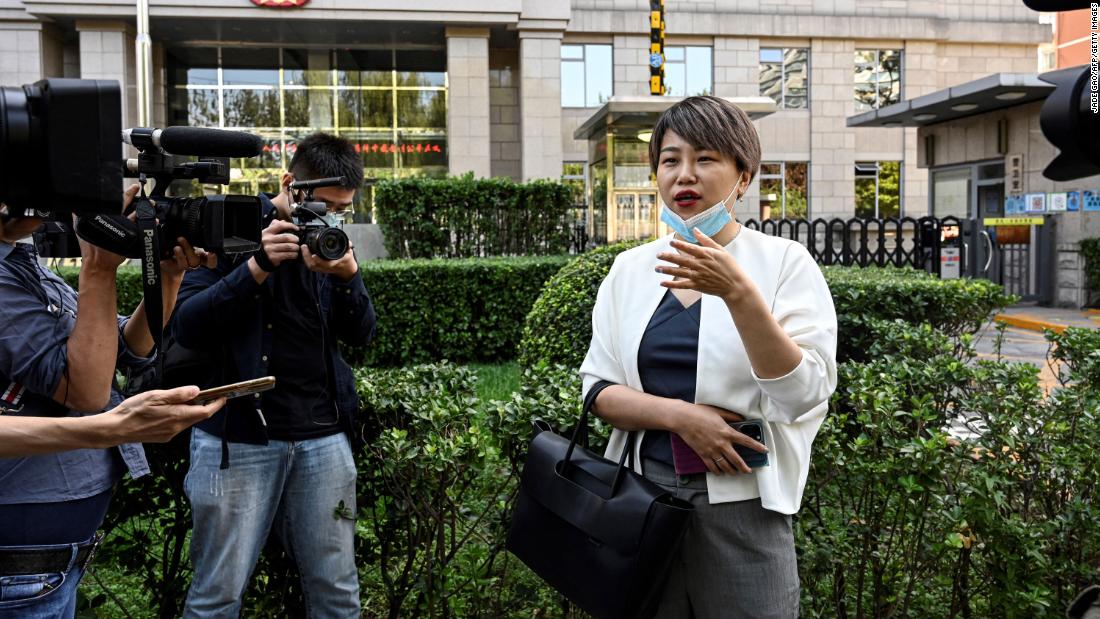

The Chaoyang District People’s court ruled against her on July 22 this year, saying the hospital had been right to refuse the request — dashing her hopes and igniting social media arguments over whether the laws surrounding assisted reproduction discriminate against single women.
Rules issued by China’s National Health Commission in the early 2000s allow single men to freeze their sperm, but block single women from freezing their eggs.
Many people reacted angrily to the verdict against Xu on China’s Twitter-like platform Weibo.
“A single woman can’t freeze (her eggs) but a single man is allowed to freeze (his sperm)? What a double standard!” said one user.
Another said, “Why can’t women freeze their eggs? Why can men store their sperm? It is difficult for women to conceive after the age of 40.”
While the usual process to extract sperm is relatively simple and rarely involves surgery, egg freezing requires hormone injections and an egg retrieval procedure that takes place under anesthesia.
However, some experts in China have argued the procedure, which is widely practiced around the world, is no more dangerous for a single woman than it is a married one and question whether the risks cited in current regulations justify the ban.
China’s population problems
The case comes amid a growing demographic crisis that has seen authorities step up efforts to encourage couples to have more children — including by scrapping China’s controversial one-child policy in 2015 and last year allowing families to have three children.
These efforts have met with limited success, highlighting gender inequality and economic pressures facing families in China instead.
While the egg freezing ban may appear at odds with the Chinese government’s push to raise its birth rate, part of the authorities’ reticence to allow the procedure for single women is that they see egg freezing as a way of delaying pregnancy rather than facilitating it.
“(These women) might lose the chance of ever getting pregnant without access to this technology,” he wrote.
“This (initial decision) from the court may not seem very supportive … but it takes time for change,” Xu said.
CNN’s Beijing bureau contributed to this report.